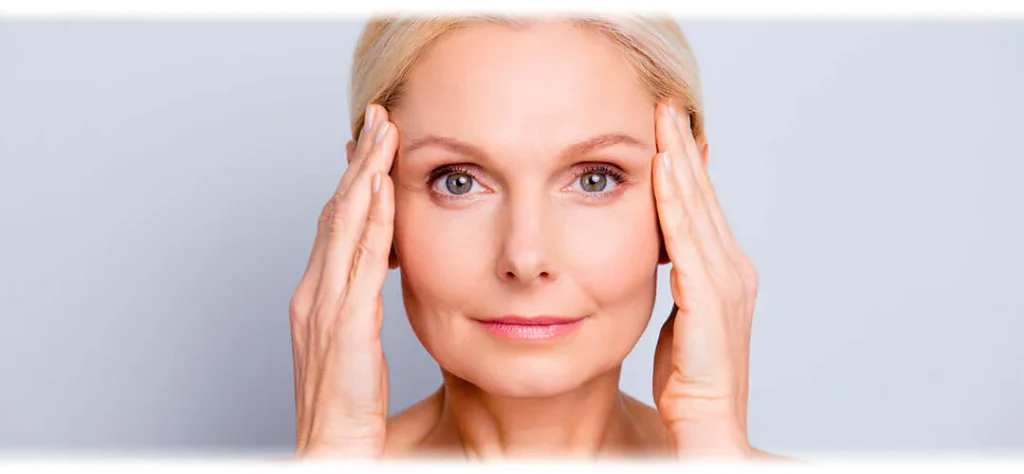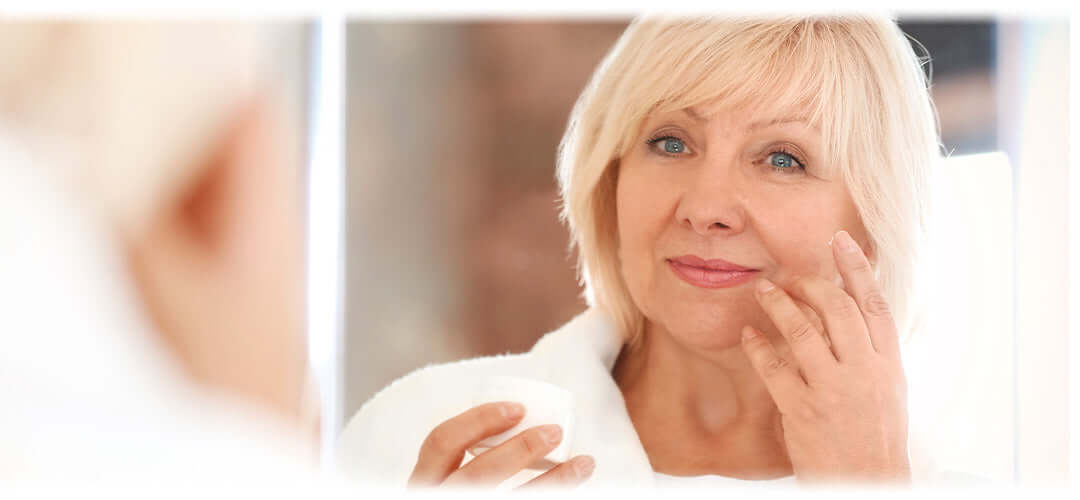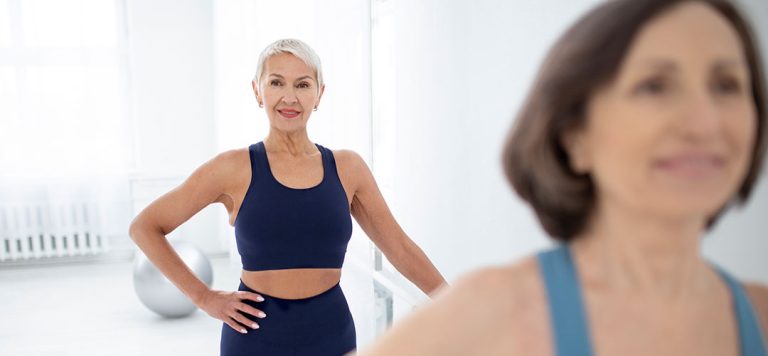Wrinkles are part and parcel of getting older and are something we’ll all have to face up to at some point in our lives.
Hectic lifestyles, sun exposure, environmental pollution and diet can all impact the way we look later in life. As we age, our bodies slow down the production of the natural proteins – collagen and elastin – that our skin needs to stay healthy, and when this happens, wrinkles start to appear. It happens to us all, and it’s nothing to be ashamed of.
However, if you want to defy the ageing process and maintain healthy, youthful-looking skin for longer, there are a few things you can do to keep wrinkles at bay. Read on to find out more.

What is Collagen, and why is it important?
Maintaining healthy skin can be more of a challenge the older we get. As our bodies age, they produce less collagen, a naturally occurring protein that is the building block of every cell in the body. Collagen is a protein found in the skin, bones, muscles and connective tissues. It supports the development of healthy skin and joints, fights inflammation and helps to maintain the elasticity in your skin. Collagen production slows with age, making the skin less elastic, leading to wrinkles and loose skin. Less collagen means a less ‘youthful’ appearance and more fine lines. Collagen treatments and supplements can help rebuild collagen levels in your skin.
Natural ways to combat wrinkles
When it comes to keeping your skin healthy and natural and reducing the appearance of fine lines and wrinkles, there are several things you can do to help. Many are simple lifestyle choices that help combat the effects of ageing and slow the decline in collagen production. If you follow these tips, it’s not only your skin that will benefit. They can also help you keep your teeth, hair, nails and eyes healthy, along with your muscles and joints.
Wear sunscreen
Wearing sunscreen is essential for several reasons. First and foremost, it can help prevent sunburn and stave off the onset of long-term skin conditions associated with over-exposure to the sun’s powerful UV rays. However, wearing sunscreen with a sun protection factor (SPF) of at least 30 can also help delay the signs of ageing and the appearance of wrinkles and fine lines. It will also help keep your skin moist rather than drying out when you’re in the sun for long periods.
Limit your sugar intake
It’s well known that too many sweet and sugary treats can be bad for your teeth and lead to weight issues. Sugar is also linked to a host of more serious long-term health conditions like diabetes and heart disease. However, too much sugar can slow down collagen production and make your skin age quicker than usual. A process called glycation, in which your body breaks down sugar can also start to break down the collagen in your body and make you look older than you are.
Quit smoking
We really shouldn’t need to be telling you that smoking is bad for your health for many reasons. It can cause heart and lung disease, circulation and breathing problems and long-term, chronic illness. However, smoking can also increase the appearance of wrinkles and make your face age prematurely. That’s because the toxins in cigarette smoke get in your bloodstream and prevent the nutrients your skin needs to stay healthy from reaching the blood vessels in your face and hands.
Boost your vitamins
Several vitamins can benefit your skin, so getting enough in your diet is essential. Vitamins A and C are rich in antioxidants which help slow the ageing process and fight back against the damage done by too much exposure to the sun, smoking and any other guilty pleasures you may indulge in. And Vitamin D helps your body produce melanin, a natural pigment that gives skin its colour.
Have a good skincare routine
Good hygiene will help keep your facial skin looking glowing and youthful. However, taking extra care and picking the right products for your skin type is essential. You should always remove make-up thoroughly if you’ve been wearing it and use a moisturiser to prevent your skin from drying out. If your skin is dry or delicate, try gently washing your face with warm water, patting rather than rubbing it dry and applying a thin, water-based moisturiser. If your skin is oily, try using a light soap or face wash to remove any grease and grime at the end of each day. With all skin types, try to avoid using harsh chemicals that can strip your skin of its delicate natural oils.
Get your antioxidants
Your skin is more susceptible to the oxidative stress caused by harmful free radicals than any other organ in your body. Smoking, alcohol and too much junk food can speed this process up. Antioxidants help prevent and repair the damage. Eating a diet rich in fresh fruit and vegetables will help ensure you get plenty of natural antioxidants into your body. Citrus fruit, fresh berries and grapes will all do the job. If you’re worried you’re not getting enough, you can top these up with natural, nutritional antioxidant supplements. You can also buy creams and serums enriched with antioxidants and collagen, which can be applied directly to the skin.






